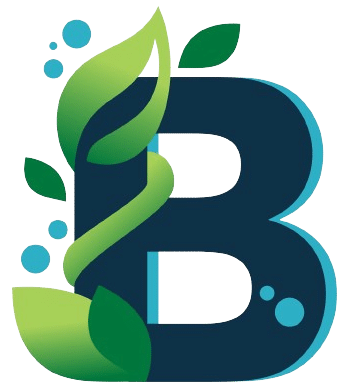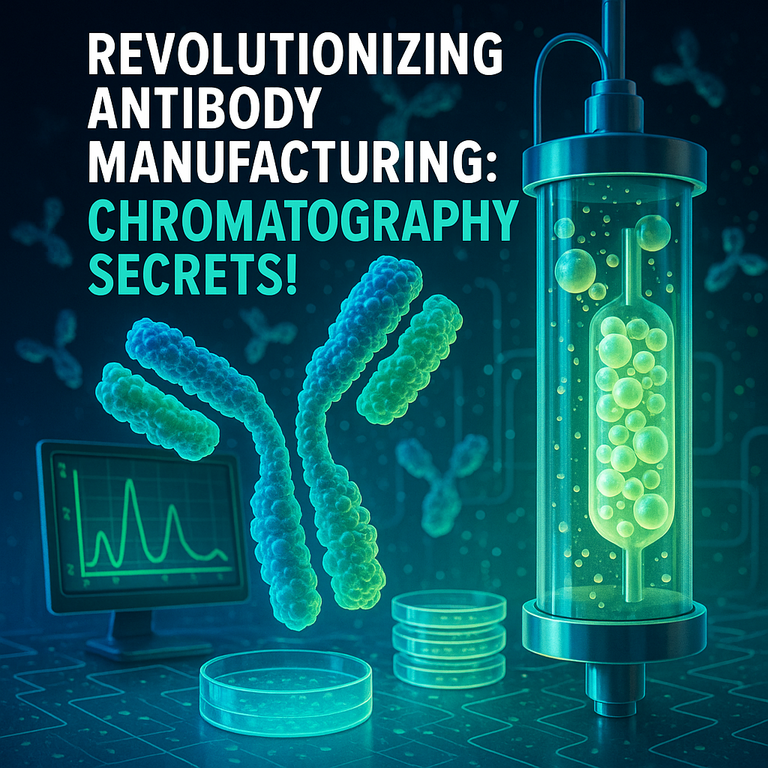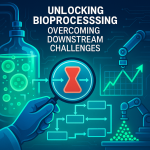🧬 Traditional chromatography is being replaced by specialized solutions due to diverse antibody formats.
🔬 This shift aims for improved efficiency, cost reduction, and sustainability.
📊 Key factors include resin selection, process modeling, and careful balancing of performance attributes for enhanced yield and purity.
Introduction:
The article discusses the evolving landscape of chromatography techniques necessary for the efficient processing and purification of therapeutic antibodies. With an increase in diverse monoclonal antibodies (mAbs), the industry is focusing on optimizing chromatographic solutions to address unique challenges in antibody purification.
- The shift from a universal chromatography approach to more tailored solutions is driven by the emergence of non-traditional mAbs.
- Manufacturers are facing new purification challenges that demand specialized affinity-resin tools to meet the specific needs of modern therapeutic antibodies.
- Optimizing processes involves balancing resin attributes, such as durability and capacity, to enhance overall process efficiency and sustainability.
- Continuous and high-titer fed-batch processes require careful resin selection to optimize chromatography performance and achieve desired purity and yield.
- Implementing advanced chromatography strategies, including rapid-cycling and periodic counter-current chromatography, can significantly improve productivity and resin utilization across various antibody formats.
Conclusion:
The article concludes that as therapeutic antibody technologies progress, so too must the purification strategies that support them. Optimizing chromatography for therapeutic antibodies not only addresses the complexities of diverse antibody formats but also enhances cost efficiency and sustainability. Future developments hinge on creating adaptable and scalable solutions, leveraging a diverse toolbox of affinity resins tailored to the specific requirements of individual and platform processes.



